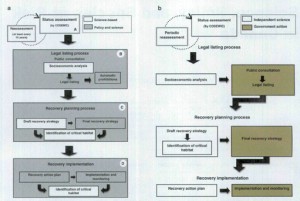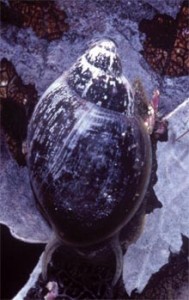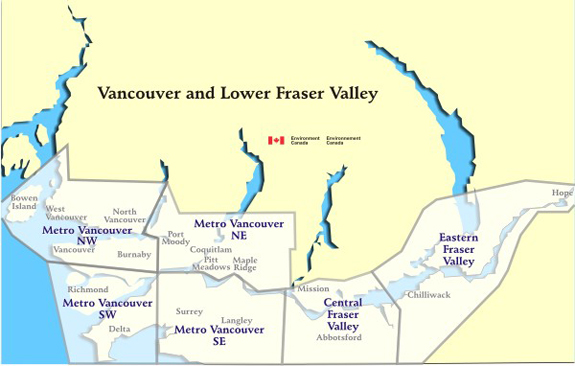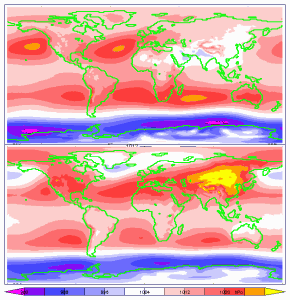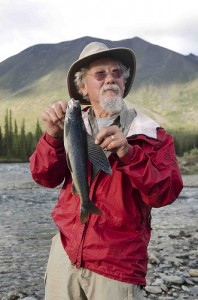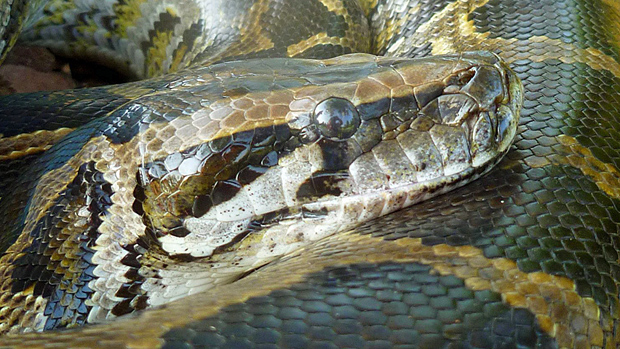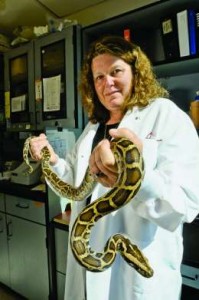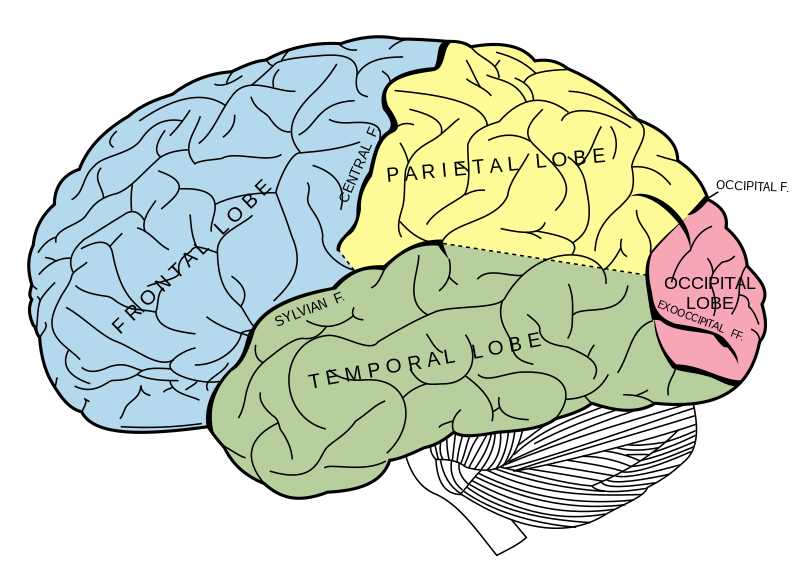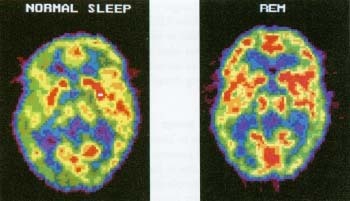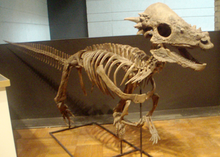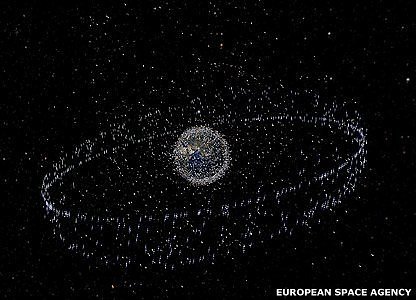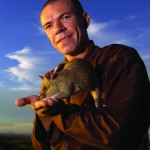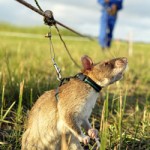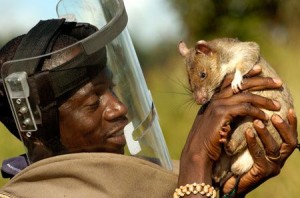
Over 500 species of plants and animals are considered at risk in Canada. The 2003 Species At Risk Act (SARA) was implemented to protect these species. However, out of those 500 species that are currently listed, only 150 have recovery strategies and only four have implemented recovery action plans. It is clear that this act must be improved if Canadian species are going to be protected. This was the motivation behind the November 2010 paper, “Science, Policy and Species at Risk in Canada” by Dr.Jeannette Whitton et al. This paper took an in-depth look into how SARA works and how to improve it. (See video for an overview of the paper.)
Video: The Bottleneck Effect
Issues with SARA:
Listing stage
- Lack of expertise
- Timing is Everything
Status assessment by COSEWIC and legal listing by the federal government are currently two separate steps in SARA. Unfortunately, this structure gives the government “an opportunity to avoid or delay the costs and consequences of protecting imperiled wildlife species.” This may explain why the federal government chose not to list 23% of the species recommended by COSEWIC between 2003 and 2007. On the other hand, this separation “allows a time window for stakeholders and civil society to become more involved in the legal listing process” and “allows for a transparent separation of science and policy.” Researchers believe these benefits far outweigh the negative effect of separation.
- Economics vs. Science
Governments have to take into account the financial impacts of their decisions, and Canada’s government is no exception. The government relies on economic impact analysis to decide which COSEWIC-recommended species should be labelled “at risk” but researchers see their analysis as “incomplete.” Economic concerns make up “50% of the cases in which listing has been denied outright [by the government].” For this reason, researchers question the effectiveness of the current structure, stating that the “economic analysis is not supplied as independent science advice but rather is embedded in a nonscientific policy-based framework.” They suggest that the analysis comes too early in SARA’s evaluation process and thus economic concerns end up outweighing scientific considerations and dominating the listing process.
Recovery strategies: Ineffective meshing of science and policy.
- Lack of Clarity
- Lack of Definitions
- Defining Habitat Issues
Classifying the critical habitat of species has been highly controversial. The law to identify critical habitat “to the extent possible using the best available information” is not reflected in how many habitats have actually been identified; habitat has only been defined for 23 of the 104 species with finalized recovery strategies. However, researchers think this may improve in the future as a result of two court cases in 2009 that successfully challenged recovery strategies that omitted known critical habitat from the final strategy.
- Conflicting Interests Overshadow Scientific Content
The paper’s suggestions:
- creating a mandated framework with a two-step listing process to separate independent science and government policy decisions.
- incorporating timely independent, non-governmental peer review of decisions.
- defining important terms more clearly to avoid misinterpretation and taking shortcuts.
- making the whole process more transparent.
One of the researchers, Dr. Jeannette Whitton thinks the transparency of science is especially important during the creation of recovery strategies. It needs to be clear what the ideal situation for the recovery of a species is, what the most realistic scenario will be, and why these two assessments differ. The taxpayers are funding this process and therefore they have a right to see what is happening. The government is currently conducting a long overdue review of SARA and the researchers hope that their suggestions will be taken into account.
See the SARA website http://www.sararegistry.gc.ca/default_e.cfm for up to date information on the Species At Risk Act, new listings and recovery strategies.
- Movie by: Grace Jauristo
- Script by: Grace, Maki, Matt and Junaid
- Blog by: Maki Sumitani and Matt Wagstaff
- Podcast by: Junaid Sargana
- “Science, Policy, and Species at Risk in Canada” by Arne O. Mooers, Dan F. Doak C, Scott Findlay, David M. Green, Chris Grouios, Lisa L. Manne, Azadeh Rashvand, Murray A. Rudd, and Jeannette Whitton. Published in BioScience, Vol.60 No.10, November 2010
- We would like to thank Dr.Jeannette Whitton and Geoff Hoare for their contributions
- Thank you to the Beaty Biodiversity Museum at UBC and the Vancouver Aquarium for allowing us to film and take photos
- Thanks to the science 300 professors, Eric Jandciu and Jackie Stewart for all their help and advice.
- Take a look at this link for some more information: endangered species in Canada
